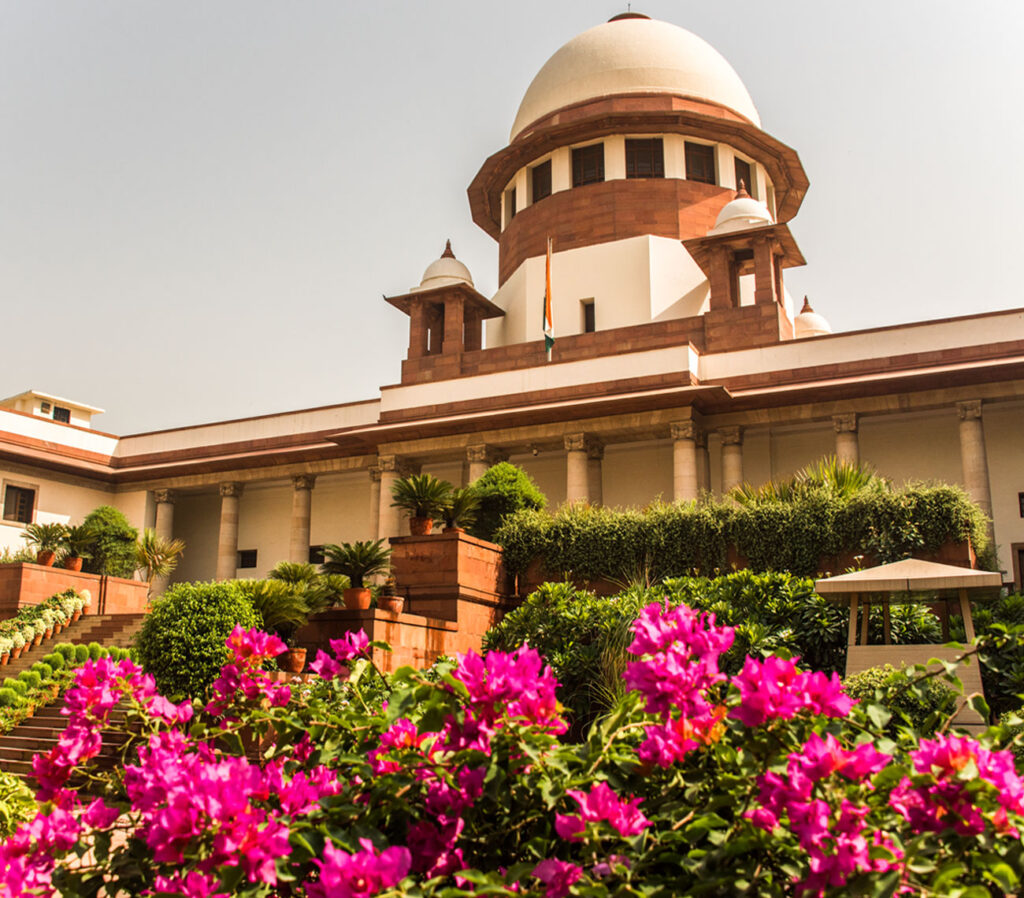- After govt assurance that statehood would be restored to the state which was bifurcated into two UTs in 2019
New Delhi, Aug 29. Chief Justice of India D.Y. Chandrachud on Tuesday sought to from the central government if it intended to restore full statehood and democracy back to the erstwhile state of JK and if the government had a roadmap on this.
The government had diluted the special status accorded to the state in the Indian union under Article 370 in 2019 and divided the state into two Union Territories.
“Restoration of democracy is very important. Is there a roadmap on restoring statehood?… Can the union not say that it wants direct control only for a stipulated period?”
“How temporary is the Union Territory status? What is being done? When will elections be held?” the CJI asked during a hearing on the legality of the government move to dilute Article 370 of the Constitution.
He, however, tempered his remarks by adding that no one survives if India itself doesn’t survive and that the government could well say that it was converting a state into a UT for a limited period and was taking it under its direct control in the larger interest of the nation.
The government will now answer the court’s demand to know the roadmap on Thursday since the court is shut for Raksha bandhan tomorrow.
The CJI in his closing remarks said that the chasm between absolute autonomy in JK in 1947 and complete integration in 2019 had been bridged over the years.
“(2019) was not a complete integration in that sense. We have to see if 2019 was a logical step,” said the CJI, who’s hearing multiple challenges to the 2019 move to dilute Article 370 which granted a special status to the state of JK in the Indian Union, in a five-judge bench.
The top court remarks came a day after the AG and the SG stated that the government would restore statehood of JK while Ladakh would in all probability continue to be a Union Territory.
The CJI said that while national security considerations would be paramount as there can be no state without the Indian union, the central government would have to make a clearer statement on when this would happen.
The top court had earlier observed in no uncertain terms whether the ends sought to be achieved by the government would justify the means, but the central government had claimed that given that JK was a border state full integration was necessary for security of the Indian state.
The move ended the duality in the psyche of the people there and would help them reap the benefits of development and beneficial laws available to citizens in other parts of the country, the law officers had claimed.
Responding today, SG Tushar Mehta said that Lok Sabha and Rajya Sabha also had representatives of JK. This affects the whole nation and not the state alone, Mehta said.
Mehta claimed that the government had held local elections in the state after the bifurcation. He said earlier only permanent residents could contest elections but now any Indian citizen can contest elections in the state.
The Attorney General said that the president could override any recommendation made by the state Assembly or even the state constituent assembly on abrogating or not abrogating Article 370.
The president’s word was final and the state constituent assembly cannot override the Indian Constitution, Mehta said.
The negation principle cannot be read into the law, the AG said. The bench will continue hearing further arguments in the case on Thursday.

